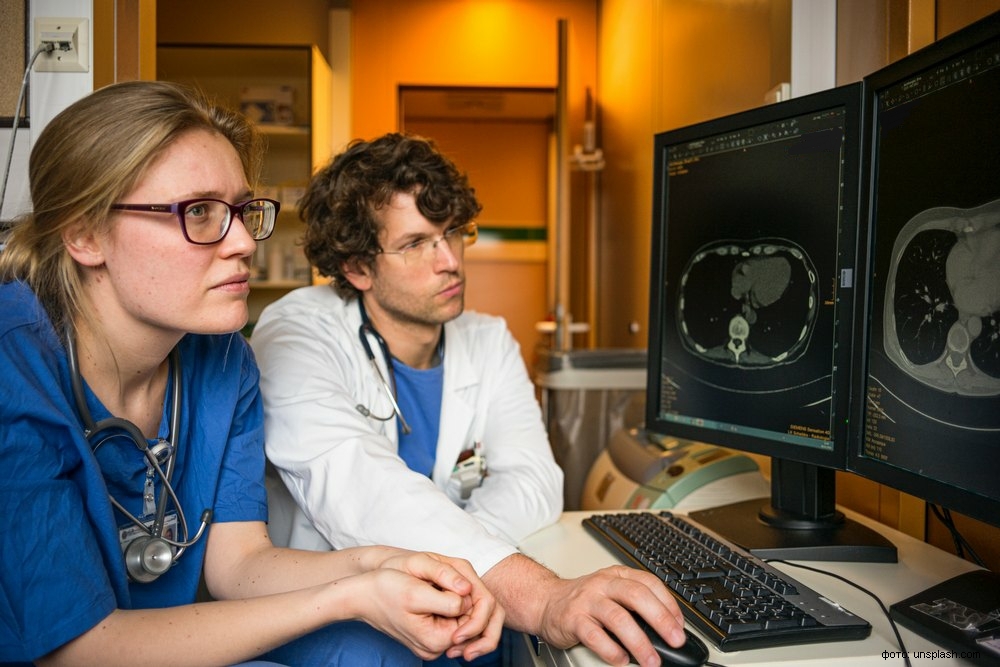
The use of machine learning methods for working with biological data is growing rapidly. The World-Class Research Centre for Personalized Medicine (WCRC) has established a team of specialists who are experienced in developing methods for identifying the genes associated with polygenic diseases, based on the results of GWAS (genome-wide association studies).
As part of new projects at the WCRC, the specialists have started to develop methods based on machine learning to predict disease manifestation and personalize patient management. Clinical data are being collected as the basis for model training and a subsequent validation of the results, which will become available to all clinical centres in Russia.
For most diseases, patient management tactics are based on a set of guidelines and standards developed by the health authorities. Such a list of guidelines usually includes optimized practices that are based on the current understanding of the disease nature and the accumulated experience of treatment. With each revision, clinical management and treatment approaches are brought to improve the effectiveness of medical procedures.
Machine learning methods are based on a similar principle of training a statistical model on collected experimental data. In the world practice, machine learning has found widespread application in recent years in the analysis of CT mammography and ultrasound scans. The analysis of images using computer algorithms coupled with the expertise of doctors often makes it possible, for example, to more accurately delimit a tumor and adjust the plan of surgery.
